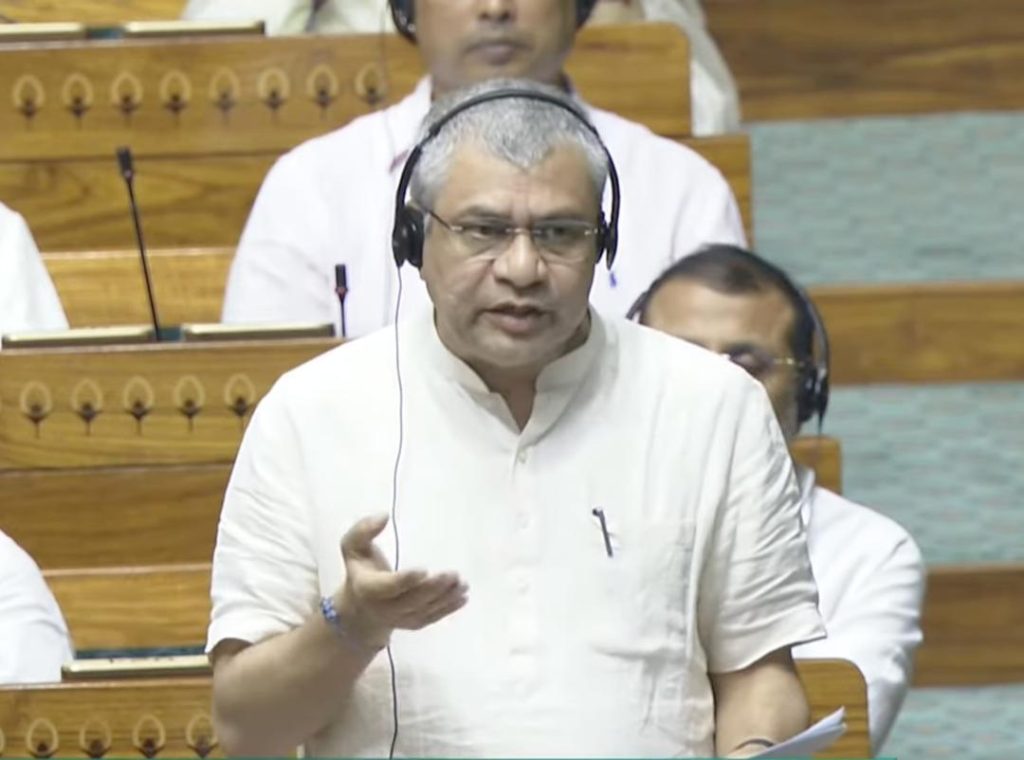
Between Our Revenue & Middle-Class Families, PM Chose Families: Vaishnaw on Gaming Bill
On Wednesday, the Indian Parliament witnessed the introduction of the Promotion and Regulation of Online Gaming Bill 2025 in the Lok Sabha. Union Minister Ashwini Vaishnaw, who introduced the bill, made a striking statement that has sent shockwaves across the nation. According to Vaishnaw, when faced with a choice between the government’s revenue and middle-class families, Prime Minister Narendra Modi always chooses the latter.
The bill, which was passed on Wednesday, proposes to ban real-money and gambling games, citing the need to “save the society from bad elements.” The move has left many wondering about the implications of this decision on the Indian gaming industry, which has been growing rapidly in recent years.
Vaishnaw’s statement, however, has added a layer of complexity to the debate. By choosing middle-class families over revenue, the PM is, in effect, prioritizing the well-being of the common man over the financial interests of the government. This decision is seen as a significant departure from the usual approach of governments worldwide, which often prioritize revenue generation over the welfare of their citizens.
So, what led to this decision? According to experts, the PM’s move is a reflection of his commitment to ensuring that the benefits of economic growth are shared equitably among the population. By regulating the online gaming industry, the government aims to prevent the exploitation of vulnerable individuals, particularly children and women, who are often lured into gambling and gaming addiction.
The bill also seeks to promote responsible gaming practices, which is a significant step towards creating a healthier gaming environment. The government has recognized that excessive gaming can have serious consequences on a person’s mental and physical well-being, and it is taking steps to address this issue.
However, not everyone is pleased with the decision. Many gamers and industry stakeholders have expressed concerns about the potential impact of the ban on real-money and gambling games. They argue that these games are a significant source of entertainment and revenue for many individuals, and that the ban will only drive players towards unregulated and potentially harmful platforms.
Moreover, some experts have raised concerns about the feasibility of the bill. With the proliferation of online gaming, it is challenging to regulate and monitor gaming activities effectively. The government will need to invest significant resources in developing a robust regulatory framework to ensure that the ban is enforced effectively.
Despite these challenges, the PM’s decision has been widely praised by many who see it as a step towards promoting social responsibility and protecting vulnerable individuals. The move is also seen as a reflection of the government’s commitment to ensuring that the benefits of economic growth are shared equitably among the population.
In conclusion, the Promotion and Regulation of Online Gaming Bill 2025 is a significant step towards promoting responsible gaming practices and protecting vulnerable individuals. While the bill may have its challenges, the PM’s decision to prioritize middle-class families over revenue is a reflection of his commitment to ensuring that the benefits of economic growth are shared equitably among the population.
Source:
https://youtu.be/qOIqYpwYOi8






